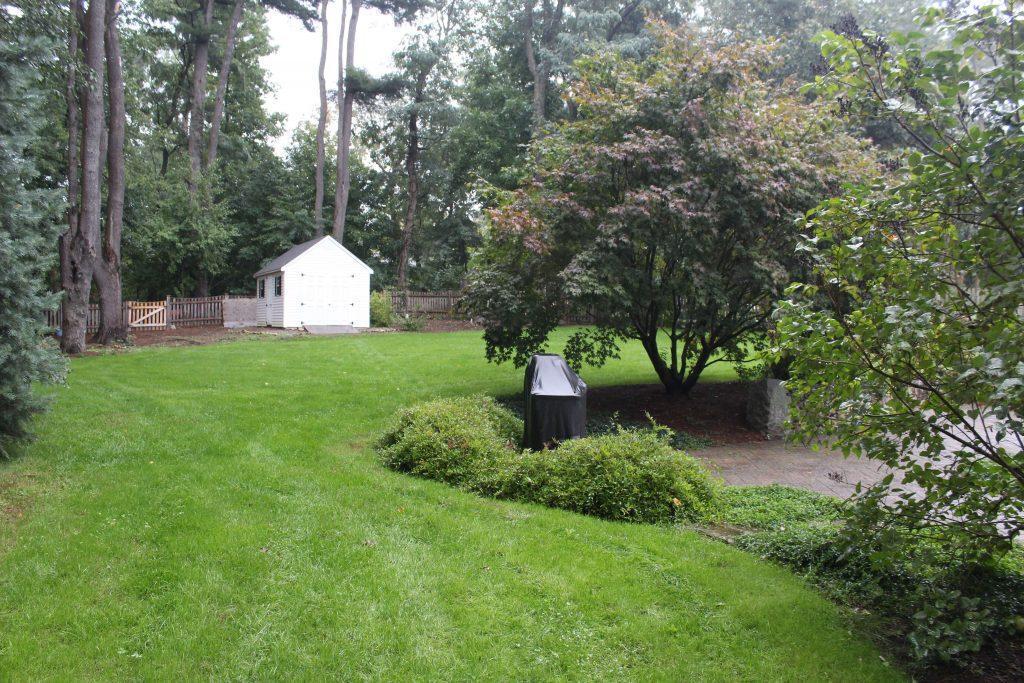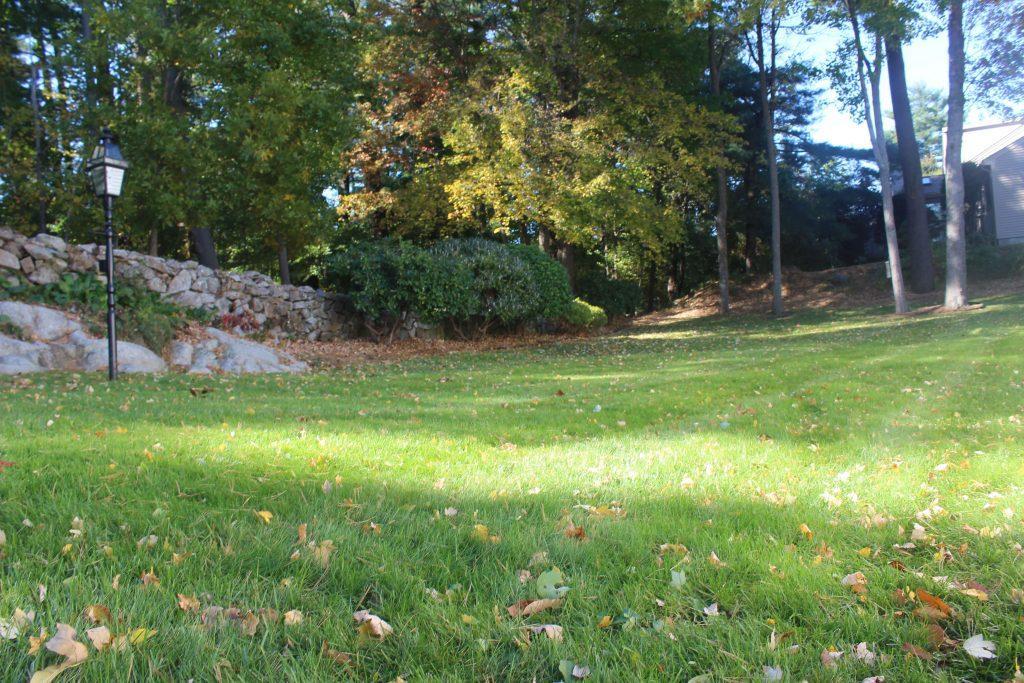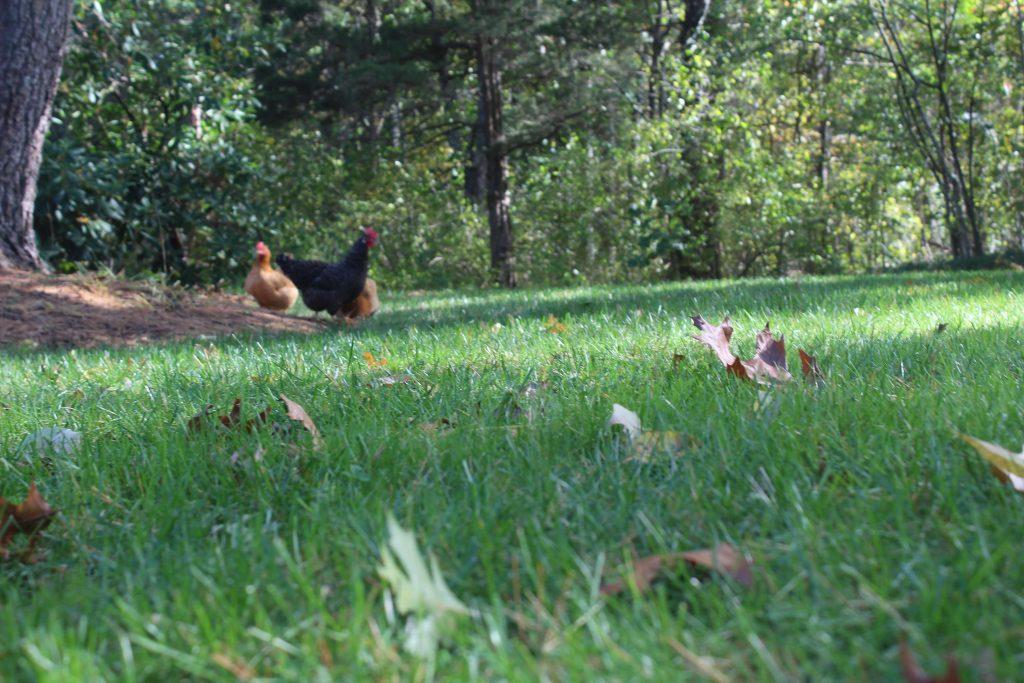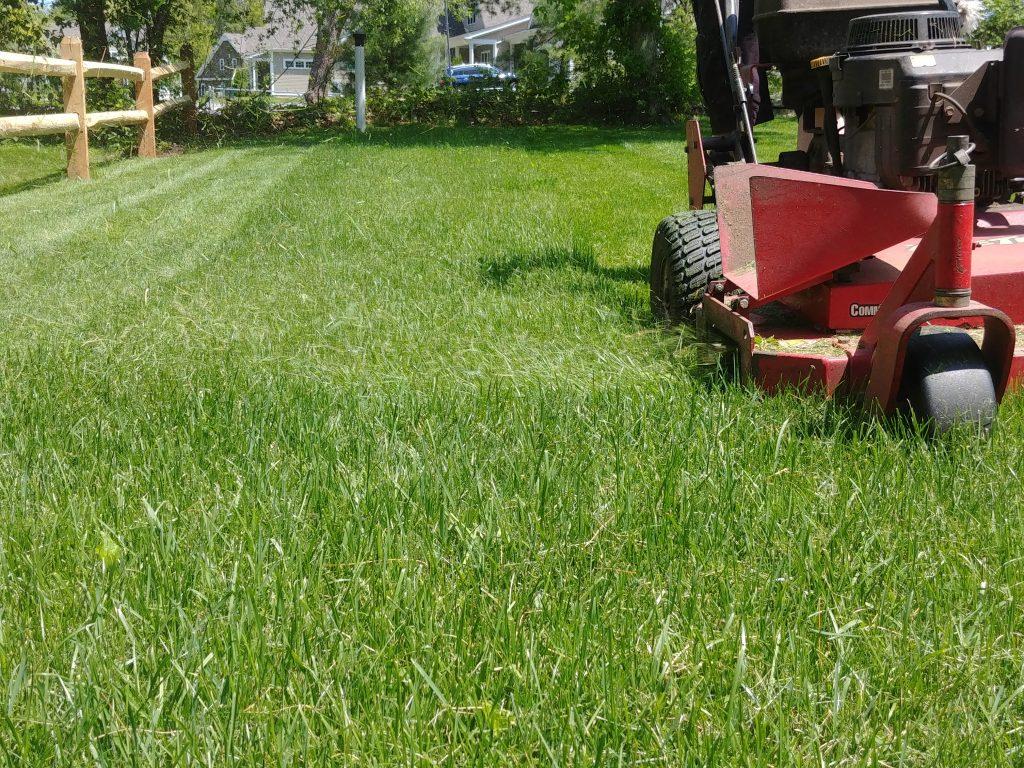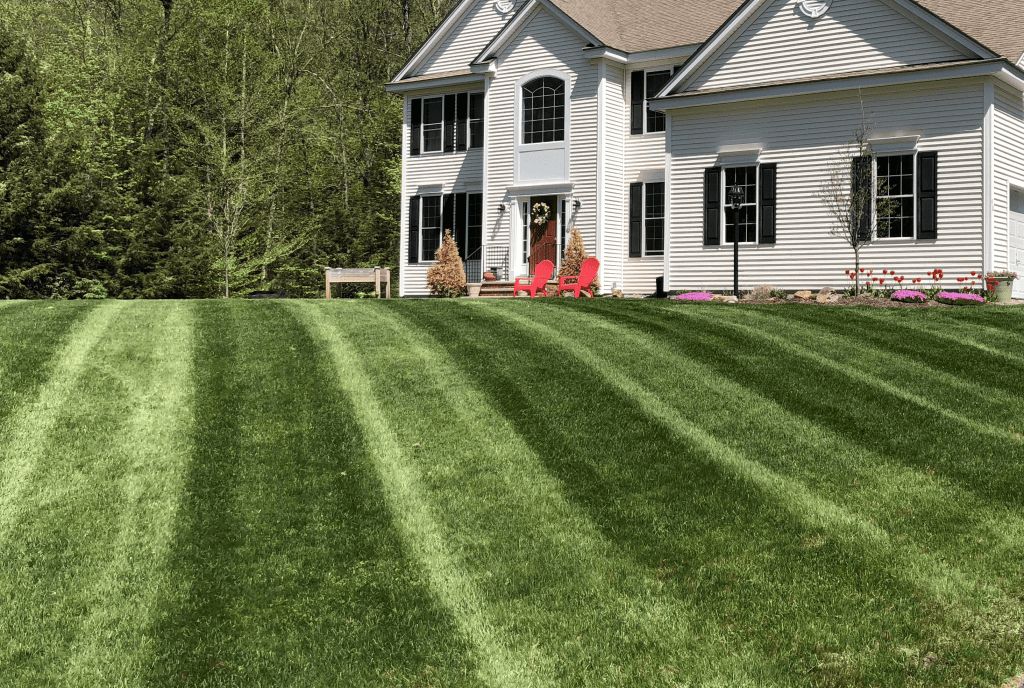As we move into March, it’s still early to tell what this season will bring. Although, we’re hopeful temperatures will warm up and we can return to a normal spring. While it’s always tough to get back in the swing of things, you’ll need to prep your lawn with these additional spring turf tips. Our Part 1 of Spring Organic Turf Care Tips covers: Equipment Preparation, Finalizing Seasonal Product Volumes, Soil Testing, Spring Clean Up, Removing Turf Blankets, Mowing Height, Lime, BOOST+S3, Removing Weeds, and Fertilizing. First, read our prior blog and then come back for these additional Spring turf tips.
Keep the following cultural practices in mind this time of year.
-
Note trouble spots.
Take note of where snow was piled this winter because this promotes soil compaction. Without help, these areas will grow more weeds with short fibrous root systems (like plantain or crabgrass). Additionally, applications of snowmelt on walkways and driveways can be tough on grass.
-
Topdress and over-seed areas that are looking stressed to help to re-establish the lawn.
Bare soil is the first place weeds take hold. Therefore, once soil temps are over 50°F slice seed or topdress and over-seed thin areas that need a thicker stand of turf. Additionally, we recommend perennial rye, fescues, and Bluegrass for spring.
-
Apply Gypsum.
Gypsum can be used to counteract salt damaged areas.
-
Remove any leaves or sticks.
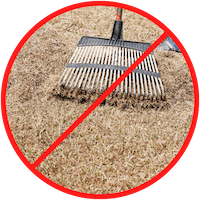
You will avoid smothering and killing the grass as it begins to grow by removing leaves and sticks. Notably, be careful not to over-rake or dethatch. Over the winter, grass naturally dies and goes dormant. Aggressive raking can damage crowns of dormant grass, remove valuable organic matter, and create a thin lawn for crabgrass to take hold later in the season.
-
Irrigation Check.
If you have an irrigation system, check for damage over the winter. Replace any heads that may have been broken. Check your watering schedule. Water deep: 1” week and in the morning when the time comes this Spring.
Employing proper cultural practices plays a significant role in the overall success of your Organic Turf Care program…so let’s get moving! Contact us if you have questions; we want to help you help your lawns!


